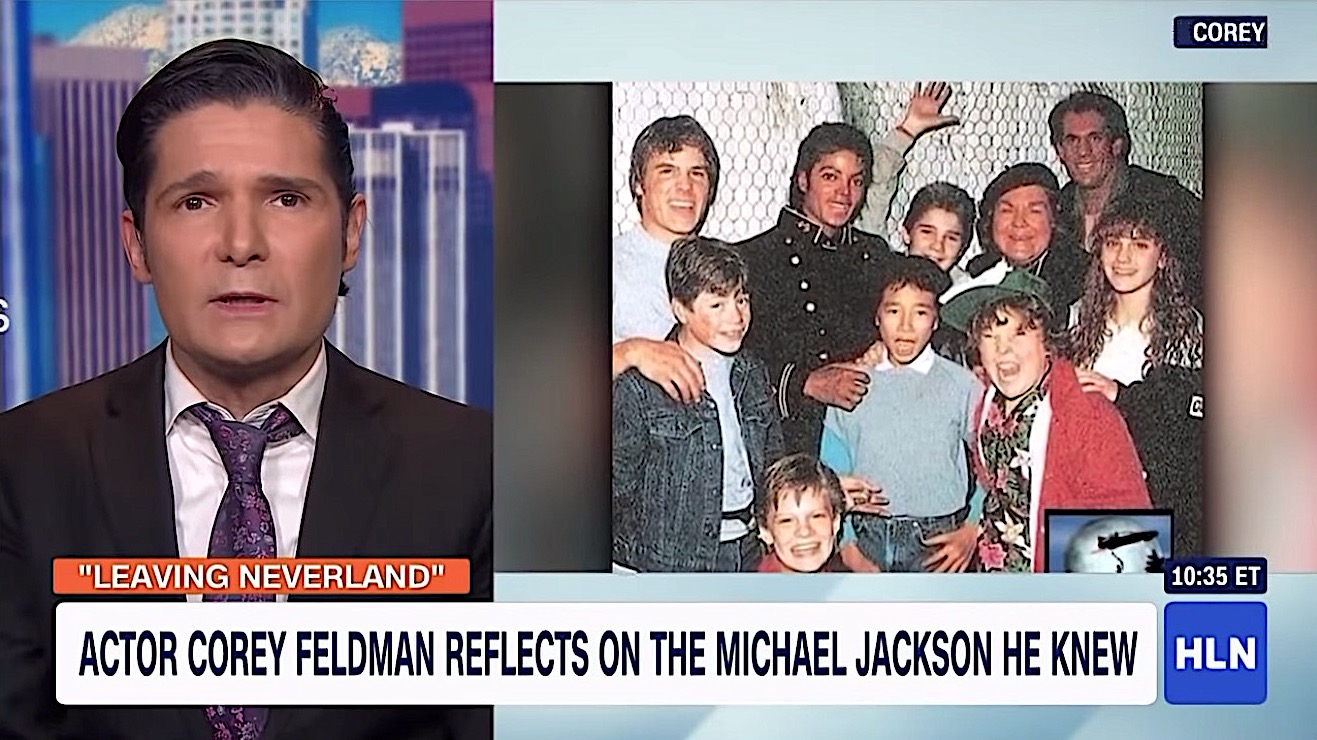Corey Feldman isn't willing to defend Michael Jackson anymore after Leaving Neverland


A free daily email with the biggest news stories of the day – and the best features from TheWeek.com
You are now subscribed
Your newsletter sign-up was successful
After HBO broadcast Leaving Neverland, its two-part documentary on two men who say Michael Jackson sexually molested them when they were children, actor Corey Feldman initially appeared to defend his late friend. But in an interview with HLN on Wednesday, he clarified that's not his intent. "I don't want to be perceived as I'm here to defend Michael Jackson, because I can no longer do that," Feldman said. "I cannot in good consciousness defend anyone who's being accused of such horrendous crimes."
The two men featured in the documentary, Wade Robson and James Safechuck, are "very believable," Feldman said, based on his own experience as a victim of child sex abuse, and their accusations are "shocking and disturbing. There's nothing else that can be said for it." But he said he also wasn't there to "judge" Jackson, because "he didn't do those things to me and that was not my experience." Feldman said his thoughts on Leaving Neverland changed as he processed the documentary, though he acknowledged he only watched the first half. "To be honest with you, it was very emotional, it was very painful, and I couldn't watch all of it," he told HLN.
Feldman later tweeted that talking to HLN "was the hardest interview I [have] ever done outside of the day [longtime friend Corey Haim] passed." Feldman is making a documentary about his own experience as a survivor of child sexual abuse — he says he was abused starting at age 14 — and he is advocating for a removal of child sex abuse statutes of limitations in all 50 states.
The Week
Escape your echo chamber. Get the facts behind the news, plus analysis from multiple perspectives.

Sign up for The Week's Free Newsletters
From our morning news briefing to a weekly Good News Newsletter, get the best of The Week delivered directly to your inbox.
From our morning news briefing to a weekly Good News Newsletter, get the best of The Week delivered directly to your inbox.
Michael Jackson's estate is suing HBO for $100 million over Leaving Neverland, and Feldman said he wished the documentary "happened while Michael was alive" so Jackson could offer his side, preferably in a court of law.
A free daily email with the biggest news stories of the day – and the best features from TheWeek.com
Peter has worked as a news and culture writer and editor at The Week since the site's launch in 2008. He covers politics, world affairs, religion and cultural currents. His journalism career began as a copy editor at a financial newswire and has included editorial positions at The New York Times Magazine, Facts on File, and Oregon State University.
